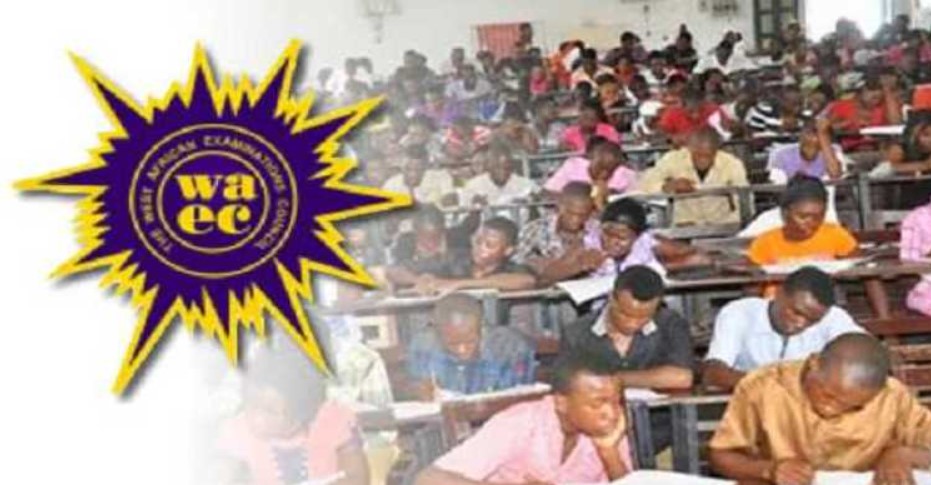15. November 2025
Admin
Reps Call for Suspension of WAEC CBT Exams Until 2030

The Nigerian House of Representatives has moved to suspend the planned Computer-Based Testing (CBT) rollout for WAEC examinations, arguing that schools are not yet ready for full implementation. The proposed hold is until around the 2029–2030 academic session.
Quick Insight:
While CBT offers modernization, the Reps’ concerns highlight a key tension: digital readiness vs equity. Without proper infrastructure and training, the shift could disadvantage many students.
1. What the Reps Are Saying
• The motion was sponsored by a lawmaker who warned of a “massive failure” if CBT is rushed without adequate preparation.
• Concerns include lack of computers in many schools, especially in rural areas, weak internet access, and unreliable electricity.
• The House has directed relevant committees to engage with WAEC and the Ministry of Education to ensure a phased, well-prepared rollout.
2. What Reps Want to Be Done Before CBT Begins
• They want computer labs built or upgraded in secondary schools across the country.
• They call for hiring more computer teachers and training for existing ones.
• They also propose that standby power systems (like generators) be provided so exams aren’t affected by electricity issues.
• The budget for these projects should be spaced across the next few years (2026–2029) to ensure readiness before full CBT implementation.
3. Implications for Students, Schools & Tech Ecosystem
• For students: A delayed rollout may give them more time to get used to computers and digital exam formats, reducing anxiety and failure risk.
• For schools: There’s a clear call to invest in ICT infrastructure—those that act early may lead in future digital education.
• For the ed-tech industry: This gap between policy and readiness could be a huge opportunity — ed-tech firms can partner with schools to build labs, train teachers, and deliver readiness programs.
Final Thoughts
The Reps’ call isn’t just about delaying technology — it’s about fairness, equity and ensuring students don’t suffer because of infrastructure gaps. For education leaders, policymakers and tech innovators: this moment should be a signal to work together to build the right foundations, not just rush to adopt the latest exam formats.
Tip: Schools and state governments should audit their existing ICT capacity now — labs, power, and staffing — to prepare for possible future CBT or other digital exam formats.
